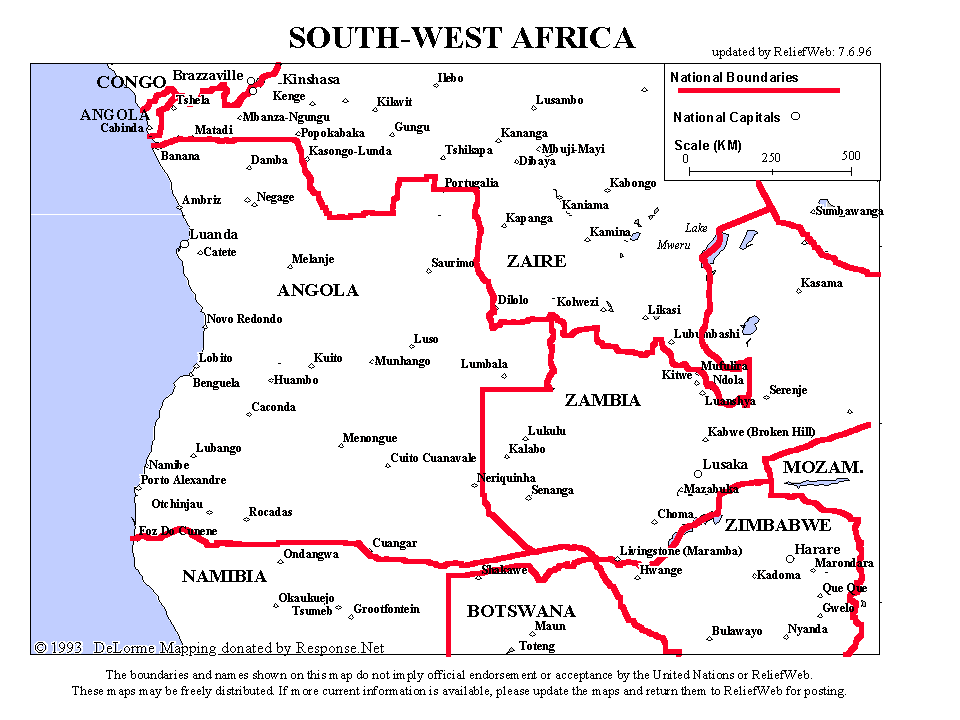| |
Lisbon
-- the capital of Portugal.
1. Angola's independence:

"In 1974, a
group of young Portuguese colonels overthrew the Lisbon government. The
coup
precipitated the collapse o f Portuguese empire as the new
government hastily granted independence to its colonies. Following
negotiations in Portugal, Angola's three main opposition parties agreed
to establish a transitional government in January 1975. Within two
months, however, the FNLA, MPLA and UNITA were fighting each other and
the country was well on its way to being divided into zones controlled
by rival political groups.
By
the end of the year more than 90 percent of the white settlers had left
Angola, draining the country of most of its skilled and semi-skilled
work force. Many of the 300,000 departing
Portuguese deliberately destroyed some of the country's
infrastructure rather than turn factories, plantations
and transportation over to the An golans.
Portugal
granted Ang ola its independence on November 11, 1975.
2.
Camus' The Stranger
'Camus, who fought all his life for a just society
in which the two communities could live in harmony, was never able to
make an Arab come alive in his fiction. Here, the scene is typical:
'They watched us silently, but in their special way, no more or no less
than if we were stoned or dead trees." '
TOP
|
| |
- Rosa p. 95;
p. 97; Rosa's brother, a priest p. 97; the narrator to Rosa, p. 101;
- the bar's
position, p. 99
- the white
boy -- the eyes reminding the narrator of the eyes she sees during the
middle passage.
- the others
p. 105;
- the
narrator -- see the place as a haven, p. 96;
- the
narrator and the old woman -- her stories made me cry . . . p. 98; p.
102
- the
narrator and Elaine p. 98- ; from the old woman to Elaine, 104;
- the
narrator's stories: p. 99 about the old aunt p. 100; p. 109;
the middle passage p.107; her dreams
the narrator's revision of L'etranger, the ending
TOP
|
